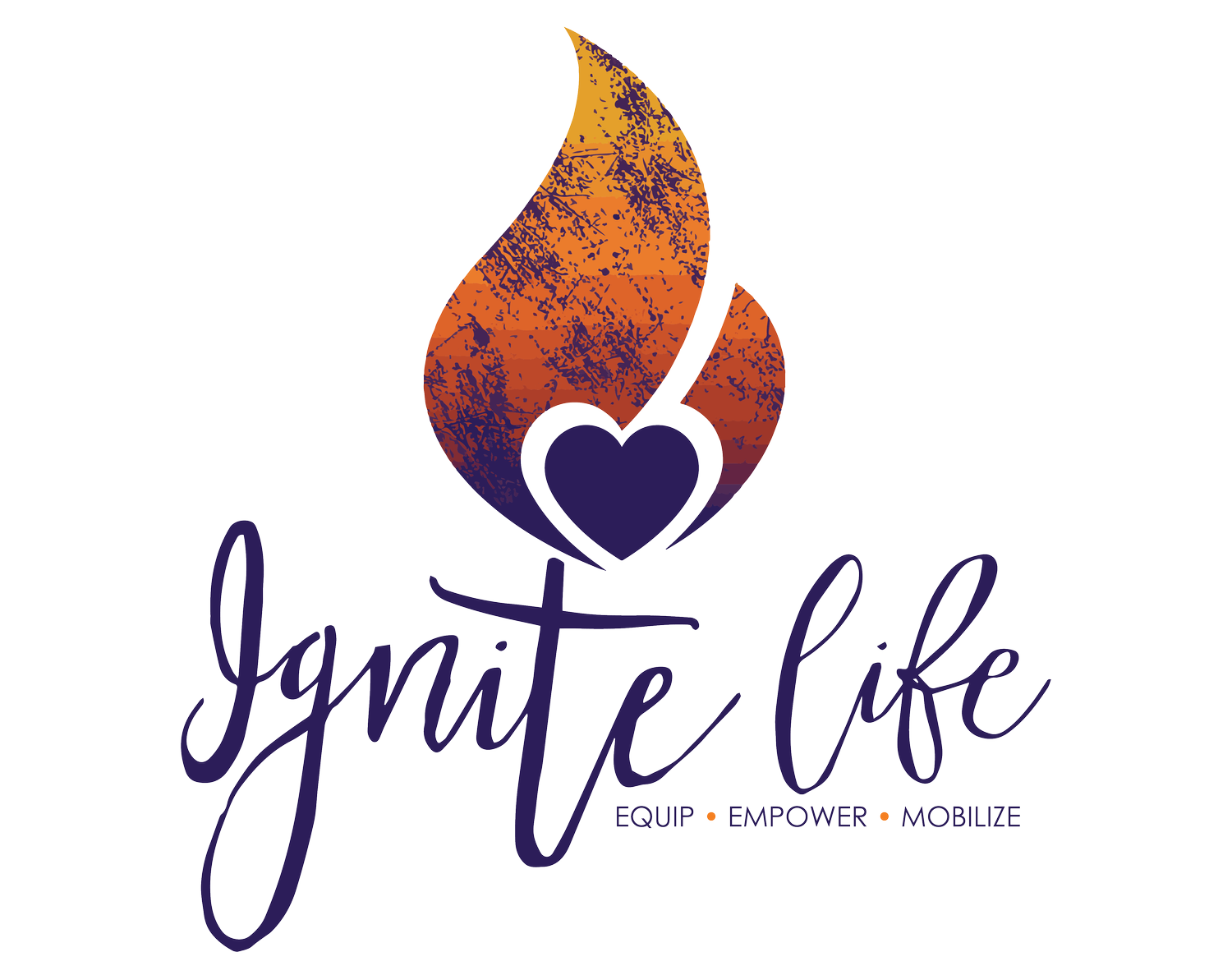Deconstructing Destruction
Just turn to almost any page in Leviticus and you’ll quickly realize that the Bible is not all rainbows and butterflies. Go ahead, grab your Bible and do it! What did you get?? Blood? Death? Cannibalism? Skin diseases? Fun stuff! All joking aside, for some of the people mentioned in scripture, the prince was not charming and there was no happily ever after as a result of God’s judgment. Granted there is technically a rainbow for us, our happily ever after, as believers, hasn’t come yet, and we need all the guidance we can get. Scripture is filled with stories and lessons that God wants us to know and learn from as we are called to walk with Him on our path to the happily ever after.
In the Old Testament, both Jeremiah and his contemporary Ezekiel were tasked with prophesizing the destruction of Jerusalem. The graphic detail of these accounts can be difficult to read–at certain points in history, some rabbis have even banned specific chapters from being read out loud. But through all the death, destruction, and sadness, it is important to remember why God chose to allow the destruction of Jerusalem and why He wanted it captured so thoroughly in Scripture. He is a patient, loving, and just God. But we will be held accountable when we do not follow Him. God calls us to repentance when we are breaking His law of love and justice because it is for our own good. He loves His children and so He calls us back, over and over again. Scripture is filled with these callings that are woven into lesson after lesson.
It is so critical that we take the lessons of scripture and truly learn from them because God’s wrath is not something we want firsthand experience with. Really, our own lives should be transformed by every passage we read. The book of Lamentations contains the prophet Jeremiah’s mournful reactions to the impending ruin of Jerusalem. Four out of the five chapters are written in the form of an acrostic poem following the Hebrew alphabet. This very short book displays all of the prophet’s grief in a woeful lament, but also his hope, prayer, and council for the future of the remnant. “And why would anyone gifted with life complain when punished for sin? Let’s take a good look at the way we’re living and reorder our lives under God.” (Lamentations 3:39-40, ESV). There is so much we should all take away from Jerusalem’s destruction, most importantly, to refocus our affections on God. Among their many abominations, Israel was putting Him on the backburner for the sake of their pagan idols. Idolatry looks different today, but we all tend to idolize created things instead of the Creator. We should be constantly inventorying our lives and turning away from those idols. What does your calendar or bank account say about what you love? These are the sorts of lessons that God works to remind us of in scripture because He knows we will stray. Jeremiah knew how terrible things were about to get, but still declared that God is just and we have no right to complain about the consequences of our sins. God uses Jeremiah here to remind us to point both our hearts and minds back toward God as we honesty examine our own lives and uncover all the ways we fall short of His glory. His way is the only way. Matthew Henry put it beautifully in his commentary on this chapter: “Our hearts must go with our prayers. If inward impressions do not answer to outward expressions, we mock God, and deceive ourselves.”
It’s incredibly difficult to read about plague, famine, and utter ruin engulfing the nation of Israel, but God “breathed” it into the Bible for us (2 Timothy 3:16). As believers, we can’t just skip over a portion of the Bible because it’s unpleasant or because it makes us uncomfortable. Every word on every page was put there for a purpose. His purpose. Jesus may have taken the place of the Law, but that doesn’t make the Law irrelevant to our lives under Christ. And the Jewish people are back in Israel after much destruction and many scatterings, but that does not make their history irrelevant to us, either. There are still invaluable messages, from Genesis to Revelations, for all of God’s creations.
Catherine (Cat) Garner was born in Long Beach, California and moved to Nevada when she was 10. She grew up in the Las Vegas community, then earned her BA in English and Political Science from the University of Nevada, Reno and her teaching credential from UNLV. She is a National Board CertifiedTeacher who has taught, coached, mentored, #allthethings in public schools for over a decade. She also walks in a variety of school-related roles outside the classroom such as writing curriculum and teaching professional development classes. Her husband, Ryan, is a CPA and they have one son, Jack, and a fur-daughter, Emma. She loves worship music, shoes, a good book, Precepts Bible studies, soccer, making silly TikToks, Sally Clarkson, house plants, and yoga.




